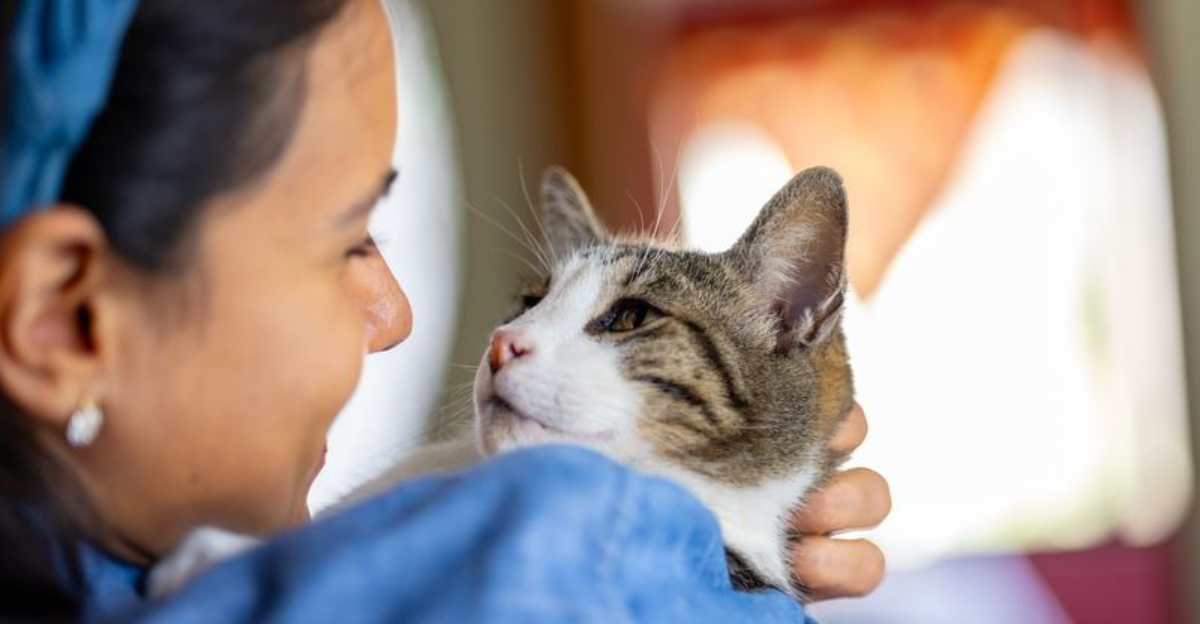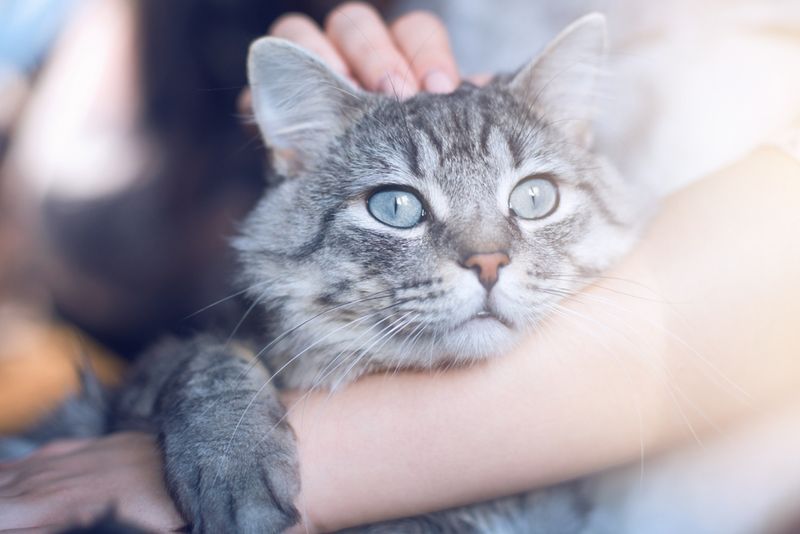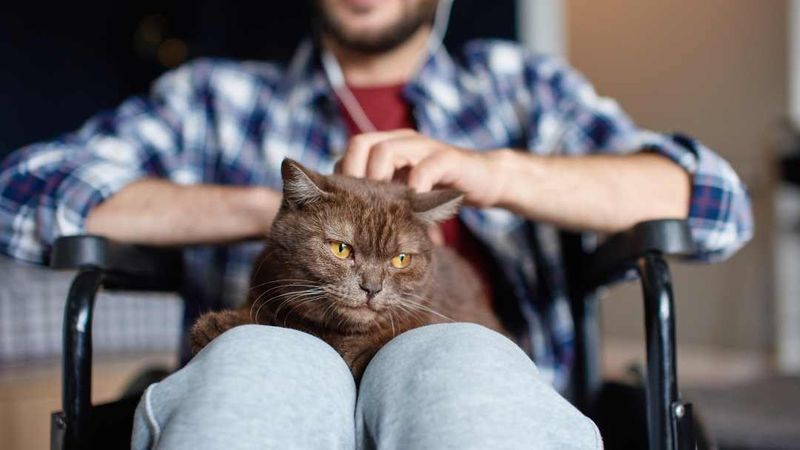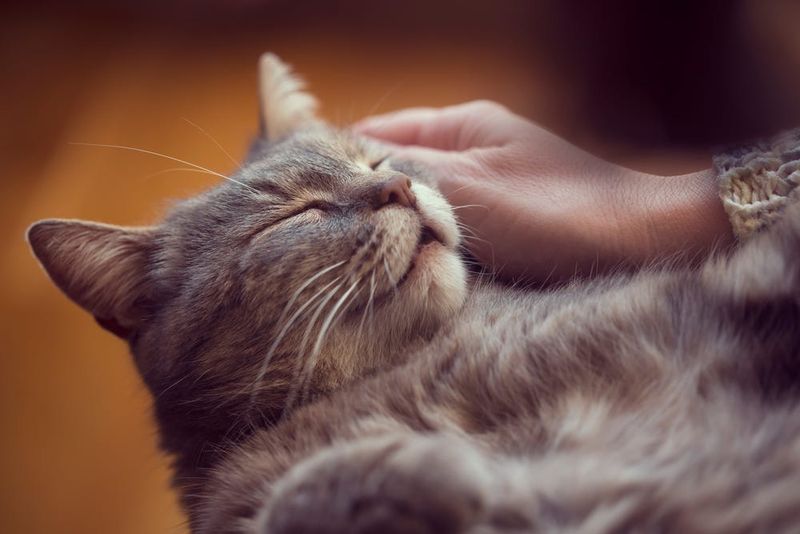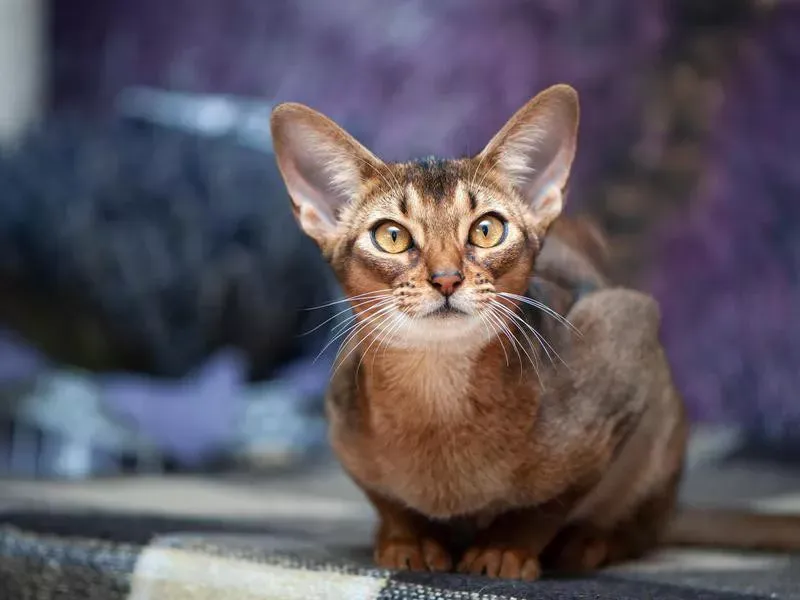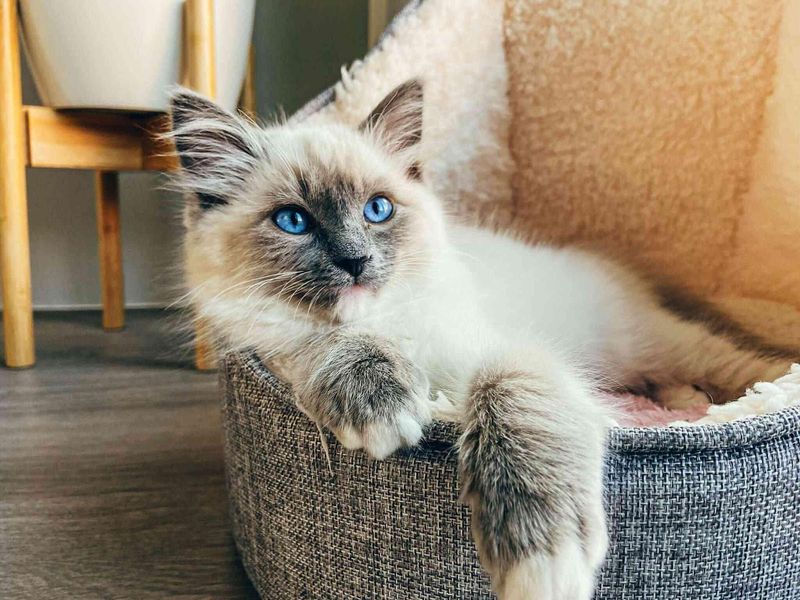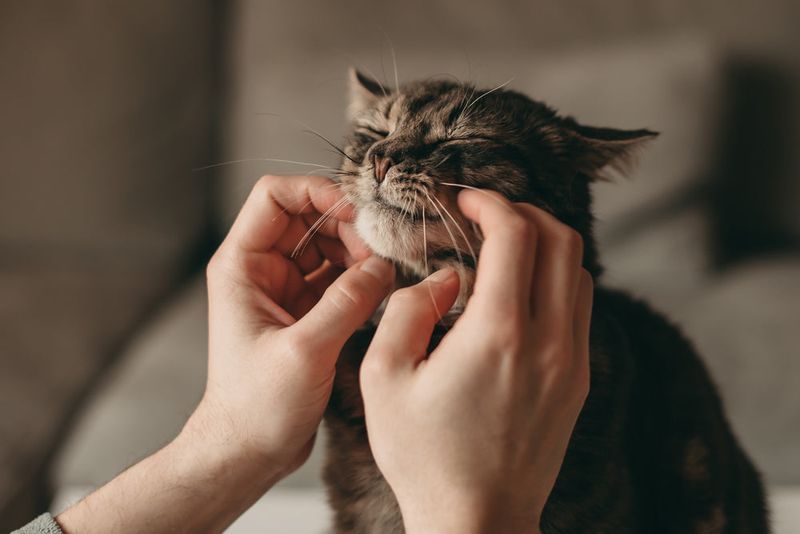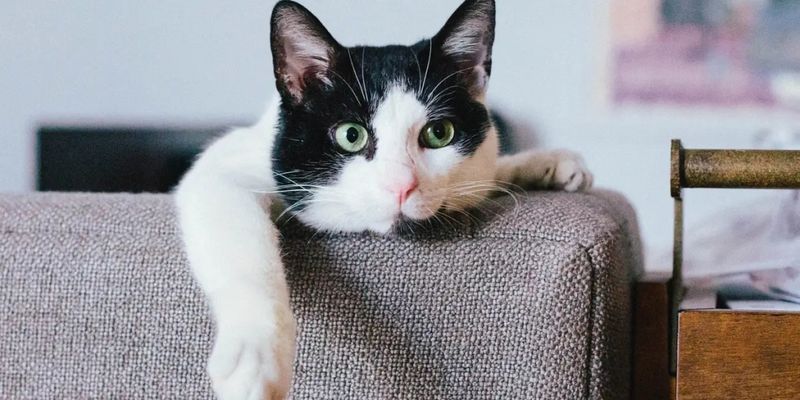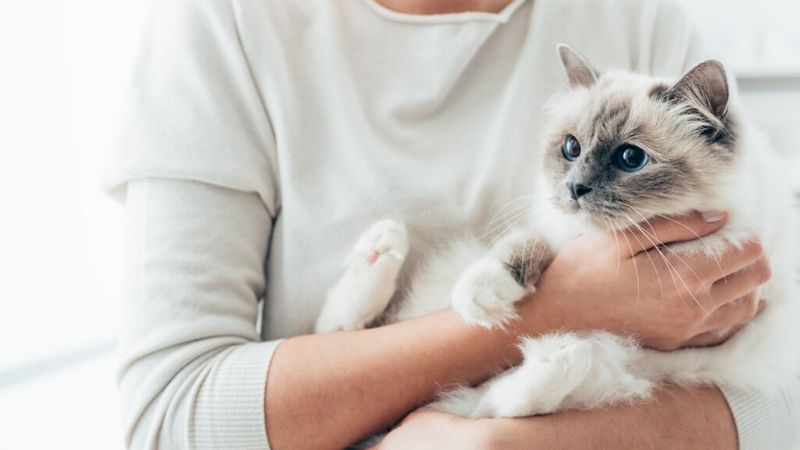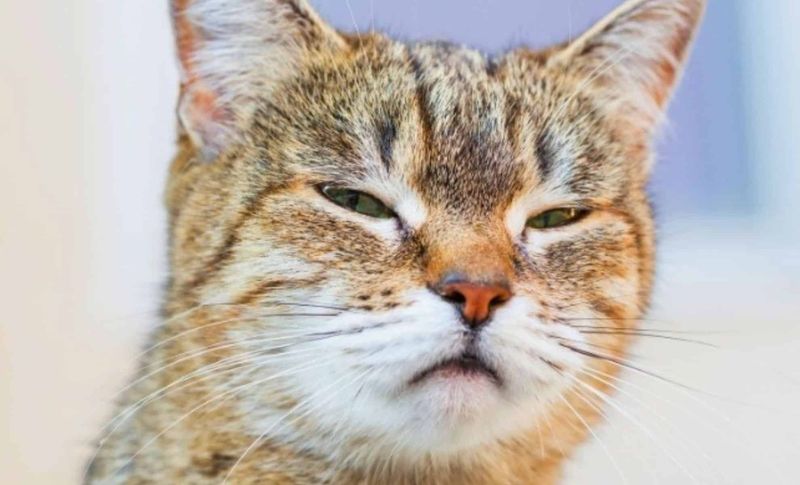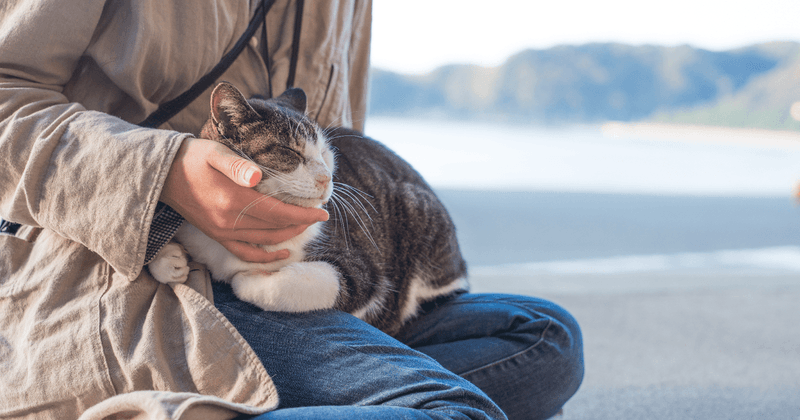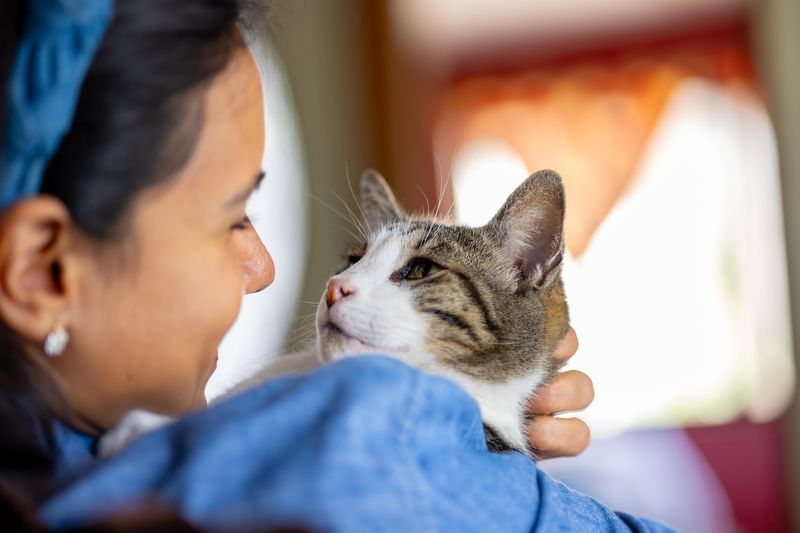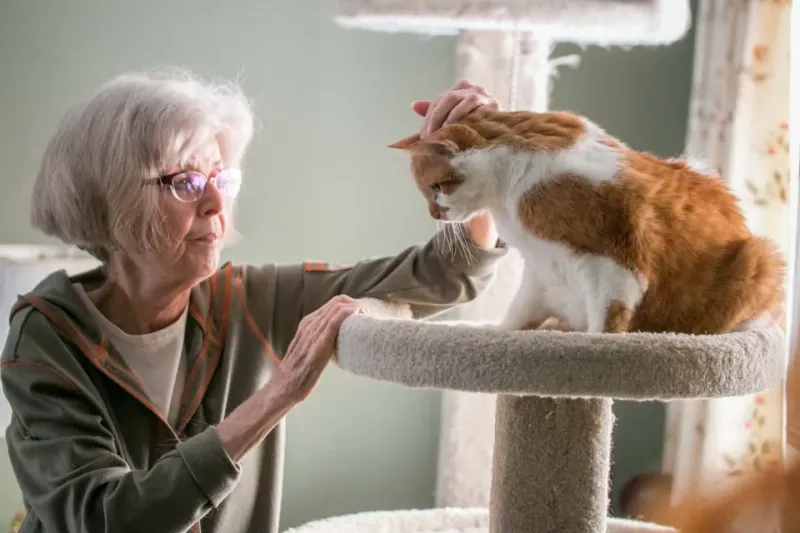📖 Table of Content:
- 1. No-Pressure Affection
- 2. Emotional Intelligence Detectors
- 3. Stress-Reducing Purr Therapy
- 4. Low-Maintenance Emotional Support
- 5. Judgment-Free Confidants
- 6. Self-Esteem Boosters
- 7. Boundary-Respecting Companions
- 8. Anxiety-Calming Presence
- 9. Silent Understanding Partners
- 10. Independence That Prevents Codependency
- 11. Empowerment Through Mutual Respect
- 12. Grief Processing Companions
The choice between cats and dogs continues to spark debate among animal lovers. Each offers its own charm, but cats bring something uniquely their own. Their quiet presence and graceful independence set them apart in the world of pets.
Cats form bonds that are deep yet understated. Their affection isn’t loud or demanding but is offered in small, meaningful moments. This subtle connection often grows stronger over time, built on mutual respect and calm companionship.
Unlike pets that constantly seek attention, cats provide comfort in a more peaceful way. They offer emotional support without overwhelming energy or noise. For many, this gentle presence becomes a soothing and essential part of daily life.
1. No-Pressure Affection
Cats don’t demand love on their terms – they offer it as a gift, not an obligation. Unlike dogs who might whine for attention while you’re busy, cats respect your space and emotional boundaries.
When a cat chooses to curl up in your lap, it feels like you’ve been specially selected. This voluntary affection hits differently than the predictable enthusiasm of dogs.
The emotional reward of earning a cat’s trust creates a deeper bond. Their love feels earned rather than given freely to anyone who walks through the door.
2. Emotional Intelligence Detectors
There’s something remarkable about a cat’s ability to detect sorrow. They tend to appear during emotional lows, providing gentle reassurance without the intensity that dogs often bring.
Their quiet presence during tough times provides the perfect emotional support. No questions asked, no solutions offered – just a warm body and gentle purr that says “I’m here.”
Many cat owners report their feline friends changing behavior during illness or depression. This sixth sense for human emotions makes cats exceptional companions during life’s darker moments.
3. Stress-Reducing Purr Therapy
The gentle rumble of a cat’s purr works as natural stress relief. Studies show their purring frequency (between 25-150 Hz) can actually lower blood pressure and release endorphins in humans.
After a rough day, nothing compares to the calming effect of a purring cat on your chest. The rhythmic vibrations create a meditative experience that melts away tension without requiring any effort from you.
Dogs may offer enthusiastic greetings, but they can’t produce this built-in healing mechanism. Cat owners enjoy this therapeutic benefit daily, often without even realizing its powerful effect on their mental health.
4. Low-Maintenance Emotional Support
Cat companionship comes without the guilt of constant attention needs. Their independent nature means you can enjoy an emotional connection without the responsibility of multiple daily walks or constant entertainment.
For people with depression or anxiety, this low-pressure relationship proves invaluable. When your emotional resources are limited, cats don’t deplete them further with demands for activity or engagement.
The simplicity of caring for a cat while receiving significant emotional benefits creates an ideal balance. This emotional efficiency makes cats perfect companions for busy professionals, those with mental health challenges, or anyone who values quality connection without exhausting obligations.
5. Judgment-Free Confidants
When it comes to confiding your deepest thoughts and wildest hopes, cats make the perfect audience. Their calm attention and unreadable expressions provide a safe haven where you can feel understood without criticism.
Many cat owners admit to having full conversations with their feline friends. This emotional outlet helps process feelings and thoughts that might otherwise remain bottled up.
Unlike dogs, who might look confused or lose interest, cats maintain that enigmatic gaze that makes you feel truly heard. Their ability to sit through therapy-like sessions without interrupting makes them superior emotional sounding boards.
6. Self-Esteem Boosters
Earning a cat’s approval feels like a genuine accomplishment. Their selective nature means their affection must be earned, creating a special sense of worthiness when they choose you.
Dog love comes easily and indiscriminately. Cat love, however, feels like passing a rigorous evaluation process, boosting your self-esteem in ways that unconditional dog affection simply cannot.
The moment a formerly aloof cat decides you’re worthy of headbutts and lap time serves as powerful validation. This emotional journey from earning trust to receiving love creates a unique confidence boost that dog owners rarely experience.
7. Boundary-Respecting Companions
Cats naturally understand personal space in ways dogs never seem to grasp. For people with touch sensitivity or anxiety, this respectful distance creates emotional safety that enables deeper connection.
The cat that waits for an invitation before jumping into your lap demonstrates a level of emotional intelligence about boundaries. This mutual respect forms the foundation of a healthy relationship based on consent rather than obligation.
Dog owners often find themselves overwhelmed by constant physical contact and attention-seeking behaviors. Cat companions, however, offer relationship breaks built into their natural independence, creating a more sustainable emotional connection over time.
8. Anxiety-Calming Presence
The steady, predictable nature of cats provides a calming anchor for people with anxiety. Their consistent routines and quiet presence create a sense of stability that helps regulate emotional turbulence.
During panic attacks, the weight of a cat on your chest acts as natural deep pressure therapy. Many anxiety sufferers report how their cat seems to sense oncoming episodes and responds with timely intervention.
Dogs, with their high energy and unpredictable behaviors, can sometimes trigger anxiety rather than soothe it. Cats offer a gentle, steady presence that grounds you in the present moment without overwhelming stimulation.
9. Silent Understanding Partners
Through gentle gestures and subtle movements, cats express themselves clearly, building strong connections that go beyond words. Their silent empathy creates a heartfelt bond like no other.
The slow blink of trust between human and cat represents a language all its own. This silent conversation develops into an intuitive relationship where emotions are understood without explanation.
While dogs bark and demand verbal commands, cats create peaceful homes where communication happens on a more subtle frequency. For the emotionally overwhelmed, this quiet partnership provides relief from the constant noise of human interaction.
10. Independence That Prevents Codependency
With their self-reliant ways, cats promote healthy emotional boundaries, showing how to maintain closeness without losing autonomy—a challenge for many people.
Dog owners often develop separation anxiety from their pets (and vice versa). Cat relationships, however, promote secure attachment without the emotional distress of brief separations.
This built-in emotional safeguard prevents the development of codependent patterns. By respecting each other’s independence, cat-human relationships often demonstrate healthier boundaries than the sometimes clingy bonds between dogs and their owners.
11. Empowerment Through Mutual Respect
By refusing to be dominated, cats teach us about mutual respect and consent, fostering bonds built on equality instead of control.
The process of building trust with a cat mirrors healthy human relationships. Each party maintains autonomy while choosing to engage based on authentic desire rather than obligation.
Dog training emphasizes obedience and control. Cat relationships, however, focus on cooperation and choice, fostering emotional maturity in their human companions. This respect-based connection empowers both parties and models healthier approaches to all relationships.
12. Grief Processing Companions
During times of grief, cats provide a special kind of comfort with their gentle, low-key presence, offering a safe space to mourn without the expectations that often come from people.
The rhythmic sound of purring creates a meditative backdrop for emotional healing. Many bereaved people report their cats staying especially close during periods of intense grief, as if sensing their heightened need for support.
Unlike dogs who might become distressed by your sadness, cats maintain their calm demeanor regardless of your emotional state. This steady presence allows for authentic grief expression without worrying about the emotional impact on your companion.
